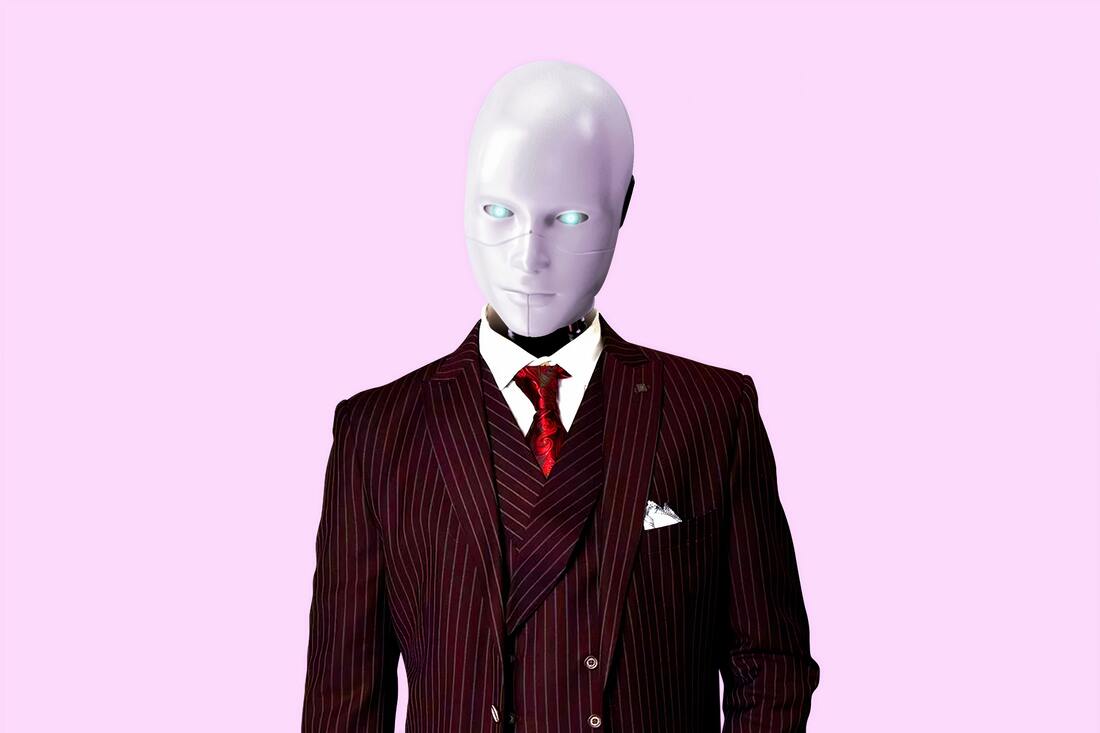|
By: Grace Zhang Artificial intelligence is something that has been dreamed of by humans for decades now, from books to sci-fi movies, the idea of it has long been around. Now that technology is advancing at a rapid pace, we may see this vision brought to life. But with the invention of artificial intelligence comes many ethical dilemmas that we have yet to discuss. Once brought up, the complexity of AI doesn’t just lie within the actual technology itself, but how it is going to exist as well. We hear the words artificial intelligence and AI thrown around a lot, but what actually is it? Artificial Intelligence is when a computer or machine can perform tasks that humans can. They may also have human characteristics, such as machine parts that resemble human body parts. As of now, AI exists without consciousness (feelings, thoughts, etc.) and although some have been programmed to speak and act out human interactions (for example, Sophie the humanoid robot), none have the ability to form their own thoughts or feel emotions as we do. Ethics is the moral code or principle that guides our behaviour. There are ethics in every discipline; law, medicine and much more. The ethics of AI explores the formation, usage and treatment of humans towards AI. It is critical that these questions must be thoroughly explored and seriously thought about. Artificial intelligence has the potential to change the world in a myriad of ways, but it also has the potential to harm humans in various ways. In recent years, you’ve probably gone to your local supermarket and seen that the cashiers were replaced with robots. At first, it might have surprised you, but as automation becomes increasingly common, we see machines doing human jobs in many sectors, not just retail. As we know, AI is a machine that can carry out human tasks, however without human complications. This makes it incredibly appealing to employers to let robots take the place of humans as workers because robots, in the literal sense, work like machines. They don’t get sick, tired, or unmotivated about their work. Any onlooker would agree that the replacement of robots with humans is a beneficial choice. The question is will AI robots replace all human jobs? Will new jobs be made for us? It is, to a certain degree, inevitable that many jobs will be automated. As this has already begun, solutions have been thought of. The most commonly talked about solution is additional training and education for workers. This is so that humans can work in fields that are less prone to AI replacement, which mainly focuses on factory or retail jobs. Like me, you probably take some time off every week to “go off the grid”. You shut all your devices off and spend some time being disconnected. With AI increasingly advancing, to the point where corporations or other groups can track any given person, this might not be possible in the future. It will eventually arrive at the point where individuals will constantly be tracked and “going off the grid” will be impossible. Due to technologies, such as facial recognition, people's privacy is becoming a larger issue. A proposed solution is to strengthen the laws governing AI use in relation to the privacy of others. Technology continues to advance, however, laws are not being updated nearly as fast as they should be. If there are no restrictions restraining people with access to this tech from invading the privacy of others, then the reality is people will continually have to live as if there are eyes watching them. Lastly, if machines become advanced enough to hold a consciousness, then will they have rights similar to humans? Different from the first two issues, this ethical dilemma does not have a clear proposed solution. As there are still many aspects surrounding this that are not clear and configuring consciousness is not possible yet, we will have to wait for future advancements before proposing anything. AI is a rapidly advancing field, and to best predict the possibilities of it when it has not reached its full potential is impossible. Ethical issues will continue to arise, and hopefully, nations and people will see the importance of understanding AI and its capabilities. AI has the potential to increase our quality of life, however, without proper regulations and restrictions or understanding of AI ethics, it has a higher chance of harming us than helping us. AuthorGrace Zhang is an aspiring writer from Canada. She has always had a love for writing, which has stemmed from her passion for literature. Her time is spent participating in a wide variety of extracurriculars, from HOSA to lifeguarding to Mock Trial. Grace has always been interested in a multitude of subjects, from philosophy to neuroscience, with her curiosity always running wild. She hopes to write texts that engage readers around the world, and spikes their curiosity similar to how others' writing spikes her own.
1 Comment
|


